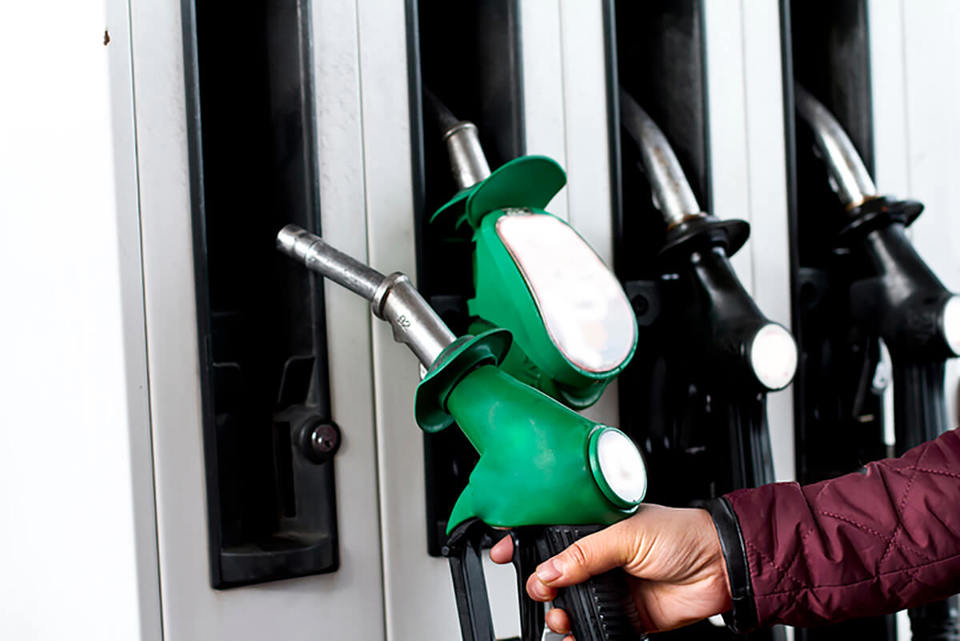Barclaycard and The Miles Consultancy (TMC) are hoping to tap into the £6.5 billion fuel card market with a new product they say could cut fuel costs by 25%.
Fuel+, which combines a fuel expenses Barclaycard with a mileage capture and audit system, developed by TMC, was launched just over a week ago.
Thanks to its global Visa acceptance, the chip and pin card will allow drivers to refuel at almost all fuel forecourts in the UK, while the TMC mileage system aims to give fleet managers complete visibility of their drivers’ fuel spend.
Barclaycard told Fleet News it has been looking at the fuel card market for the past two to three years.
John Bostock, of Barclaycard Business Solutions, said: “It’s a really big market dominated by a small number of players, which has seen very little innovation.
“We’ve been trying to work out a compelling proposition for customers and we think that’s what we’ve achieved by bringing Barclaycard and TMC together.”
Both TMC and Barclaycard hope to appeal to fleets looking for an alternative supplier in the wake of widely-reported dissatisfaction with the market-leading fuel card provider Allstar.
“The timing is perfect,” said Paul Jackson, managing director of TMC. “The market has been demanding something different and that’s what we’re delivering.”
However, the Fuel+ card will be initially aimed only at fleets with an annual fuel spend of more than £500,000. Bostock said: “We anticipate strong demand from larger fleets, so that’s where we intend to focus initially.”
A trial involving thousands of drivers across 30 pilot fleets has shown fuel savings of up to 25%, claimed Jackson.
Morrisons reduced its £7.5 million annual fuel spend by 5.5% after switching to the system and expects a further £500,000 saving during the next financial year.
All 30 pilot fleets have signed-up to the service and Bostock, an account development director for Global Commercial Payments, said: “We have a very strong pipeline of clients already and that’s without any marketing.”
The system enables drivers to log their business mileage online, over the phone or via text. Companies can also opt to use the TMC Mileage app, which allows drivers to utilise the GPS tracking in their smartphone, letting them log their miles on the go.
The system then analyses all relevant data including card purchases, mileage stats, distance travelled and even vehicle-specific tank capacity.
It can identify irregular patterns of spend, helping to reduce over-claims, and helps ensure accurate VAT recovery without the need for driver receipts.
Fleets also have access to a range of management information reports, while savings opportunities are identified with action advice.
They have 28 days to pay for the fuel before incurring charges (less than the 45 days’ credit offered by the RAC fuel card) with the private element of the bill then charged onto employees.
Fuel+ has no set-up charge, no replacement card charges and no transaction fee. But fleets may face a monthly charge of up to £2 per card from Barclaycard dependent on fuel spend, with high-spending fleets potentially incurring no monthly fees.
TMC will charge £3 per month per card, but guarantees to refund twice that amount if the customer doesn’t makea saving in the first year compared to their current arrangement.
The £3 covers all the aspects of TMC Mileage Audit that contribute to the aim of achieving the average 25% saving. This includes mileage capture, distance audit by postcode, processing deductions for private versus business mileage, data mining for anomalies, an algorithm that spots problems on a fill-by-fill basis and duty of care declarations. Optional services include receipt management and DVLA checks.
Meanwhile, the TMC Mileage app is free to download, but the customer pays 50p per driver per month to link to TMC’s system. The app aims to saves time and mistakes in recording trips and completing mileage logs.
The Barclaycard/TMC offering is the latest entrant to the fuel card market after Portland announced a fixed price product delivered through the UK Fuels network (Fleet Van, March 2014) and RAC introduced its fuel card last year.
It followed the launch the Allstar Premier Programme, which offered fleets a free upgrade to a two-card service that incorporates a discount on diesel (Fleet News, February 20, 2014), as fuel card competition intensifies.

















Login to comment
Comments
No comments have been made yet.